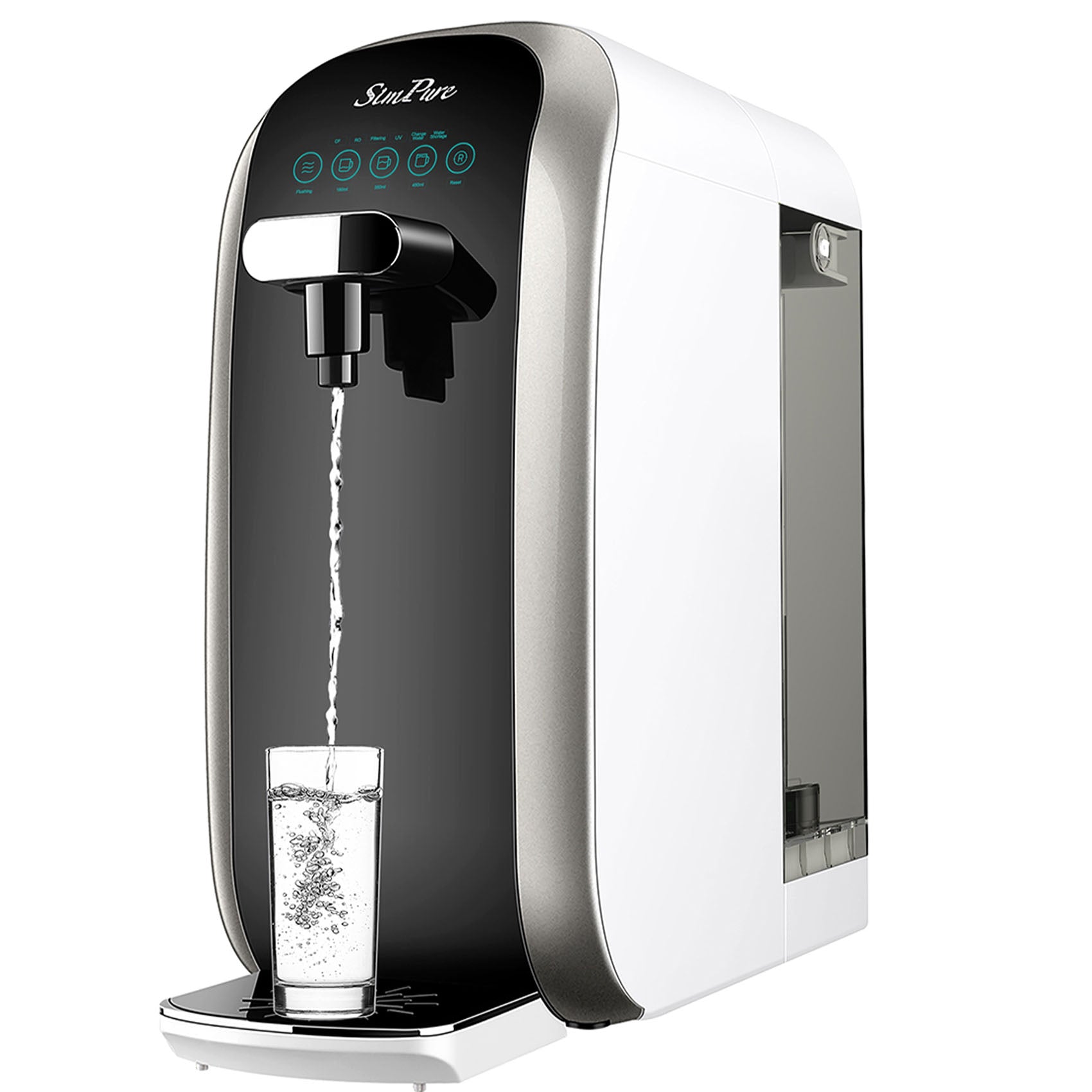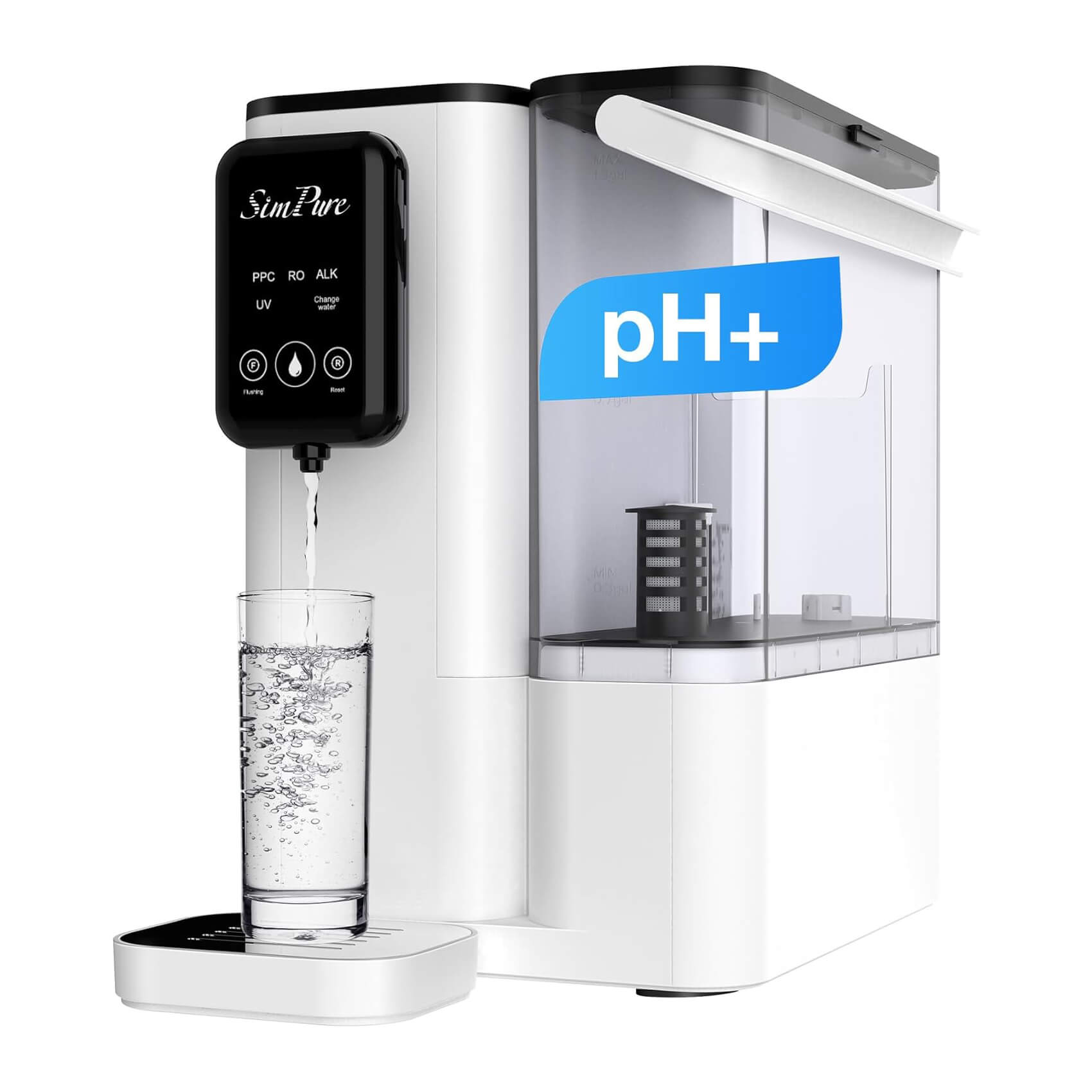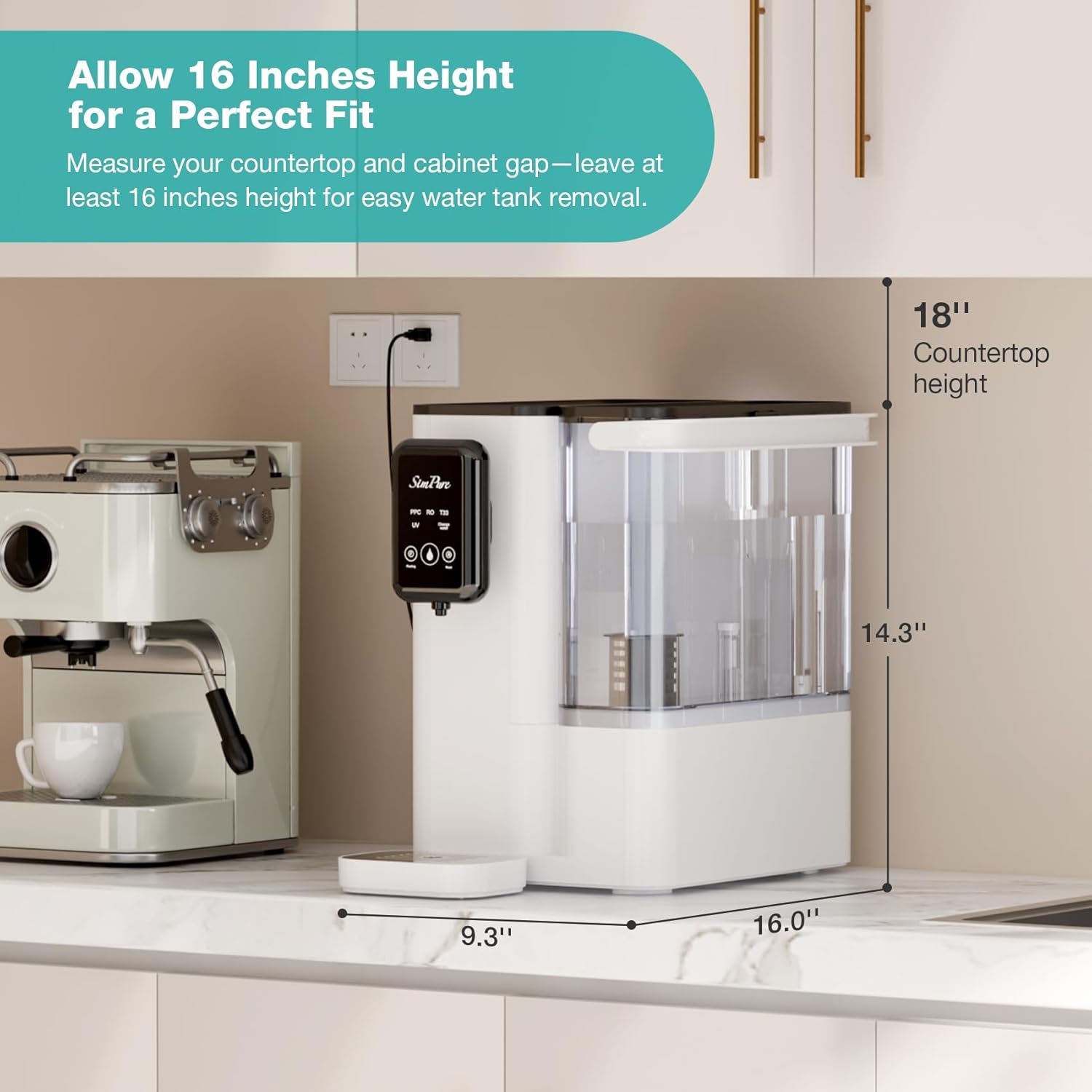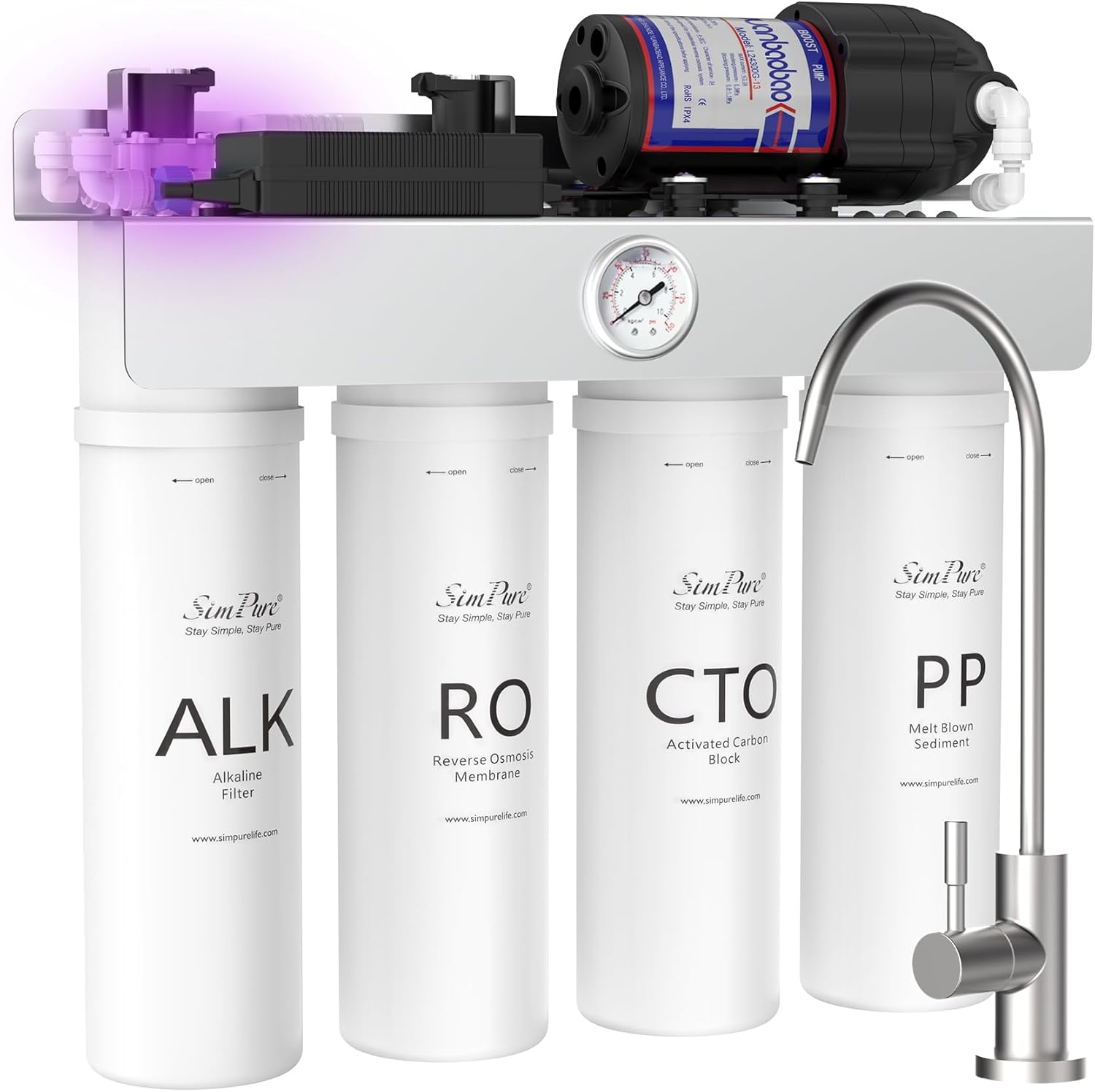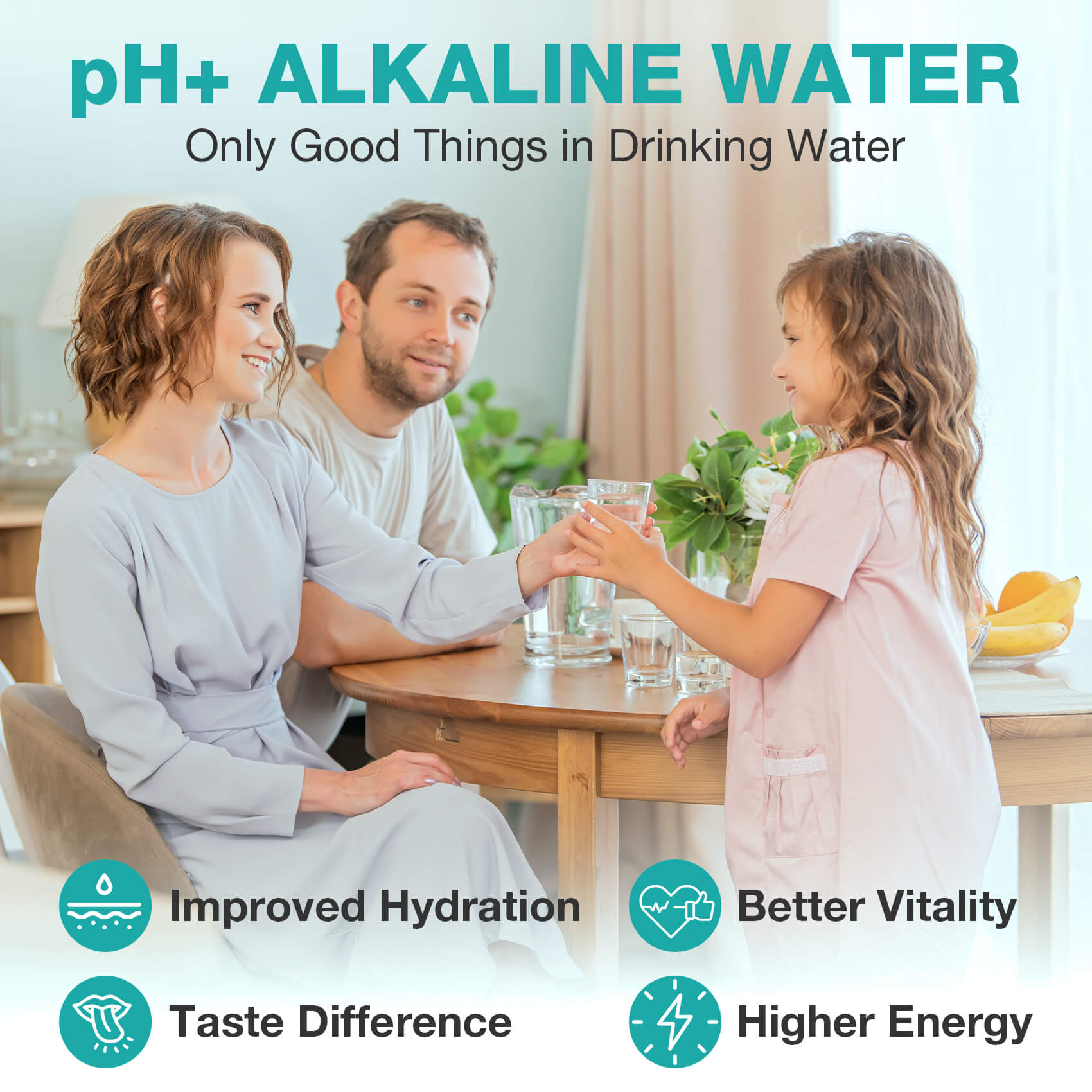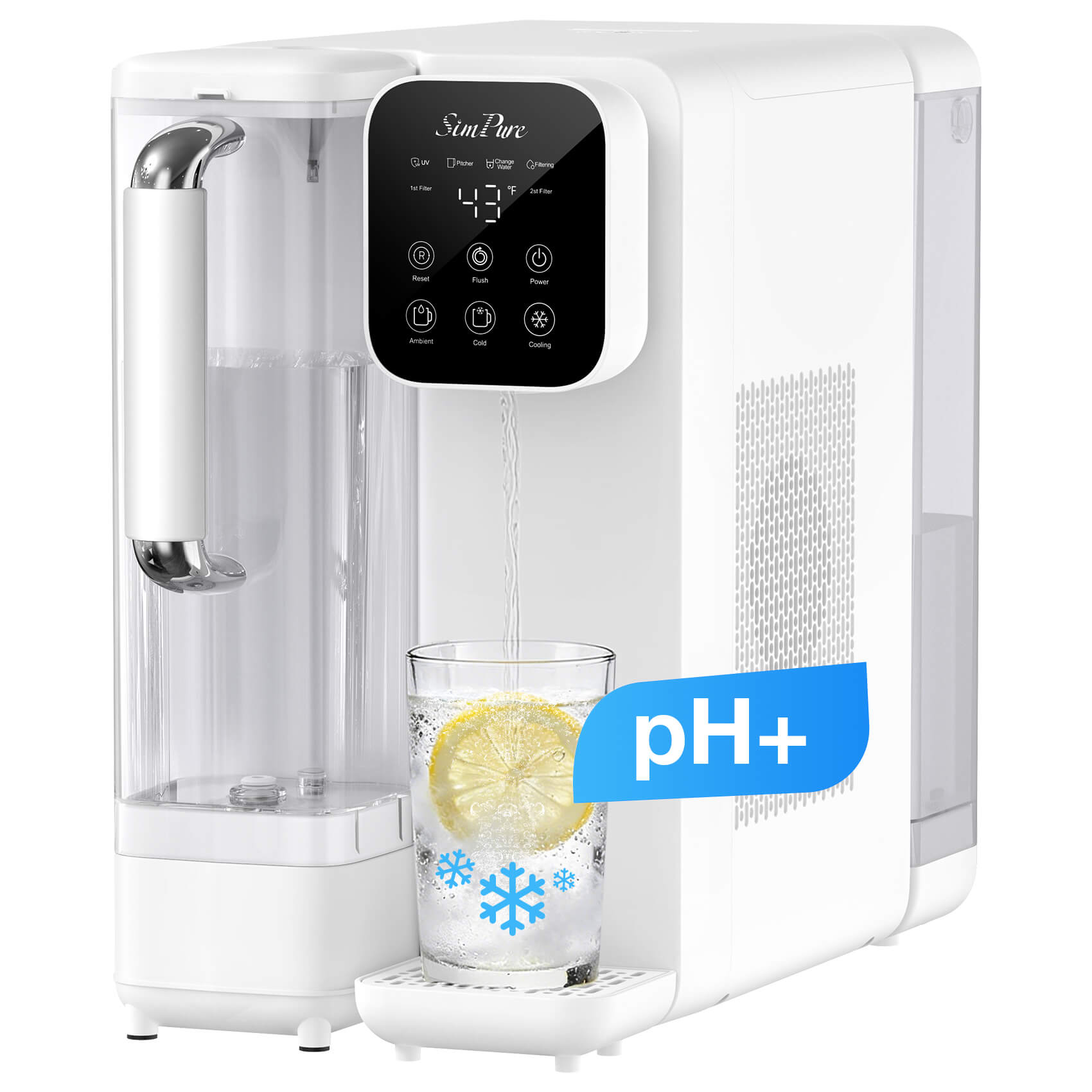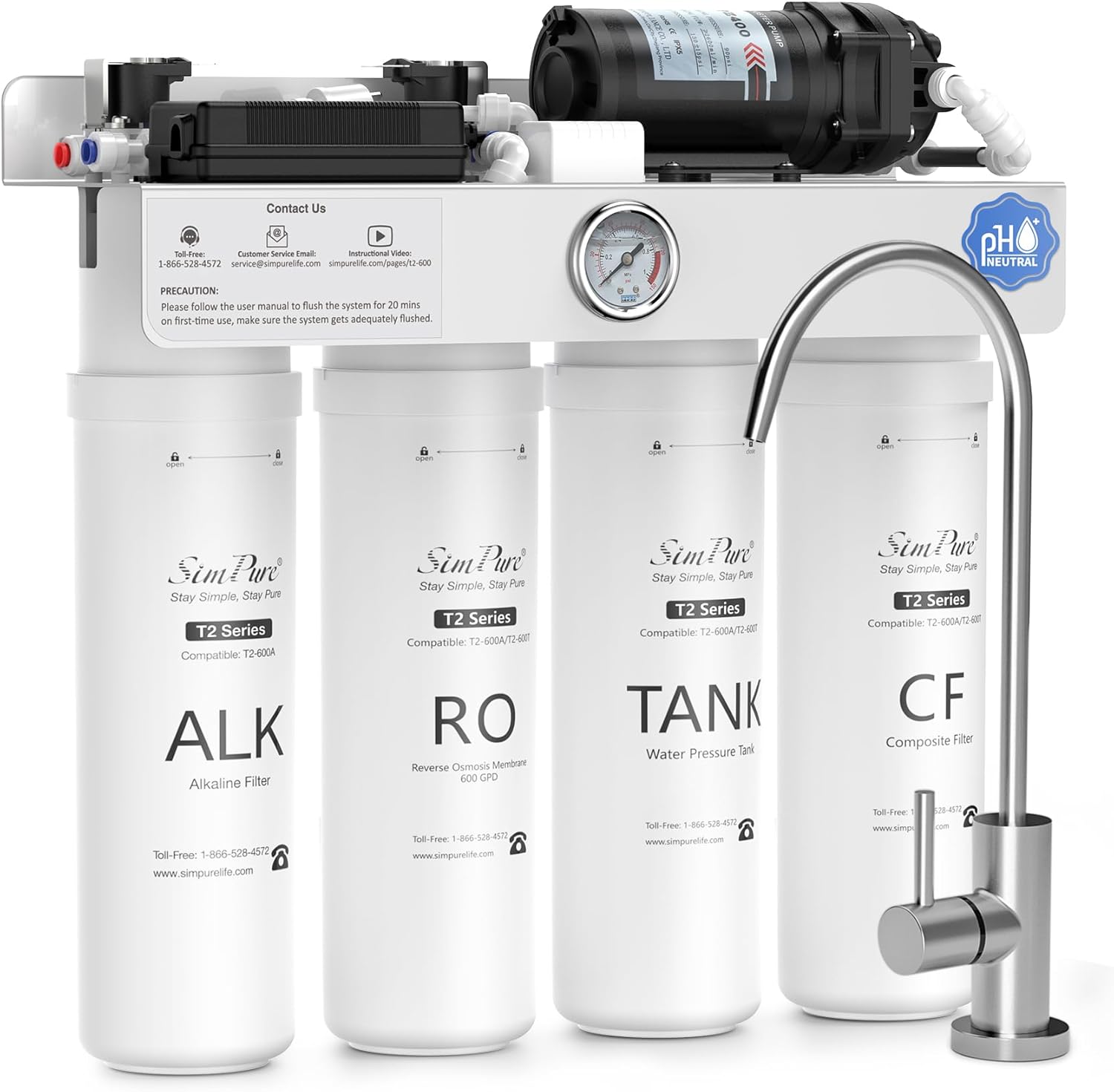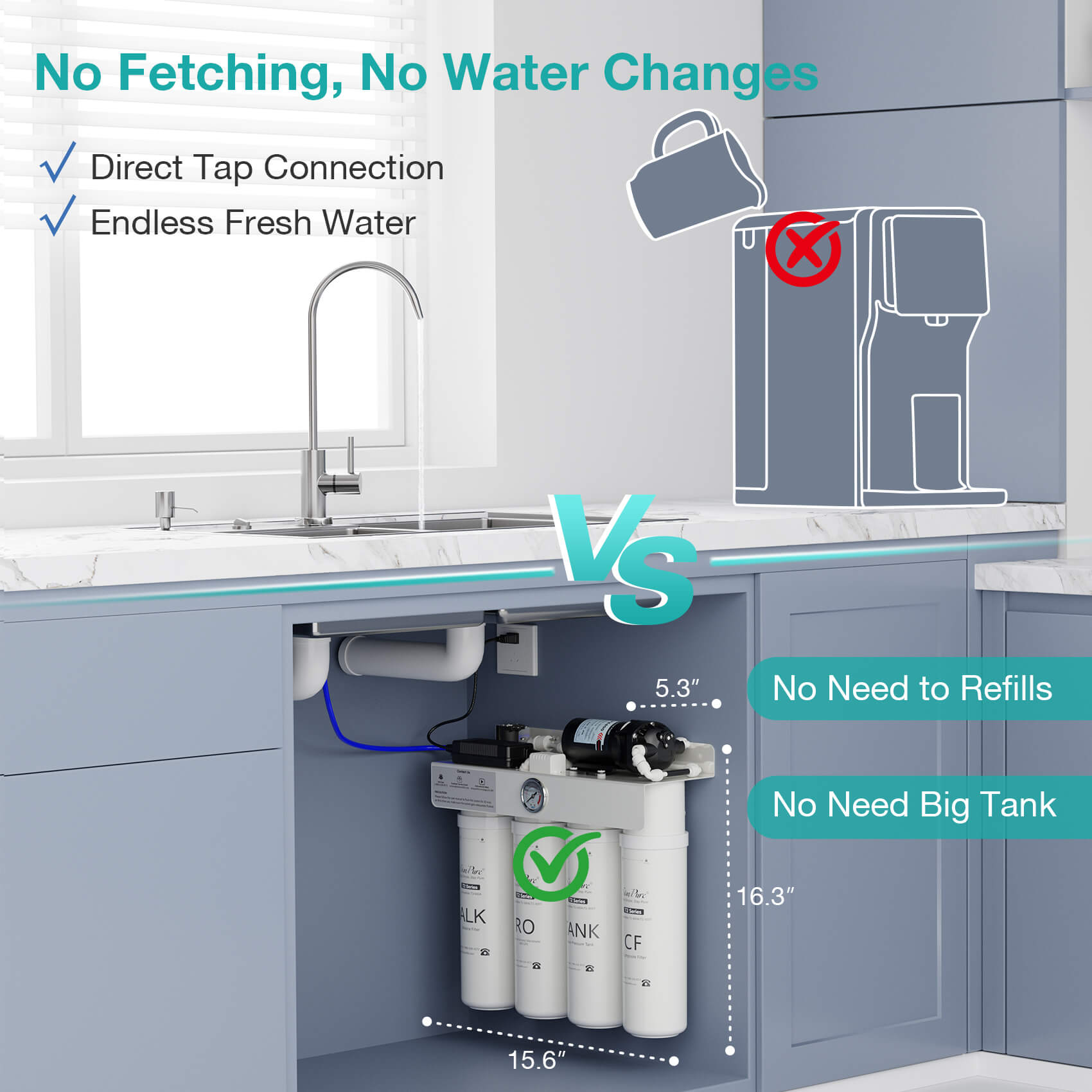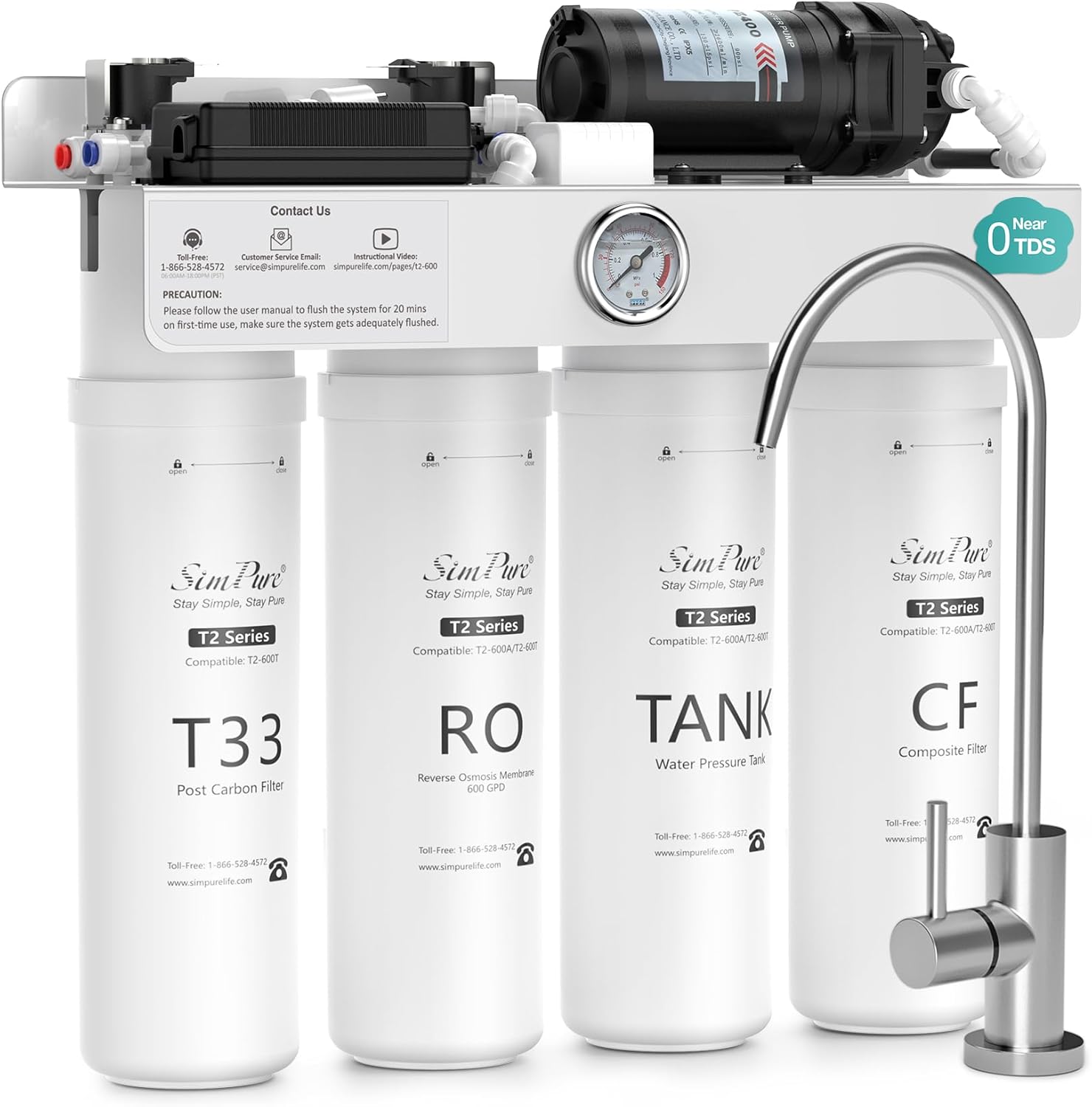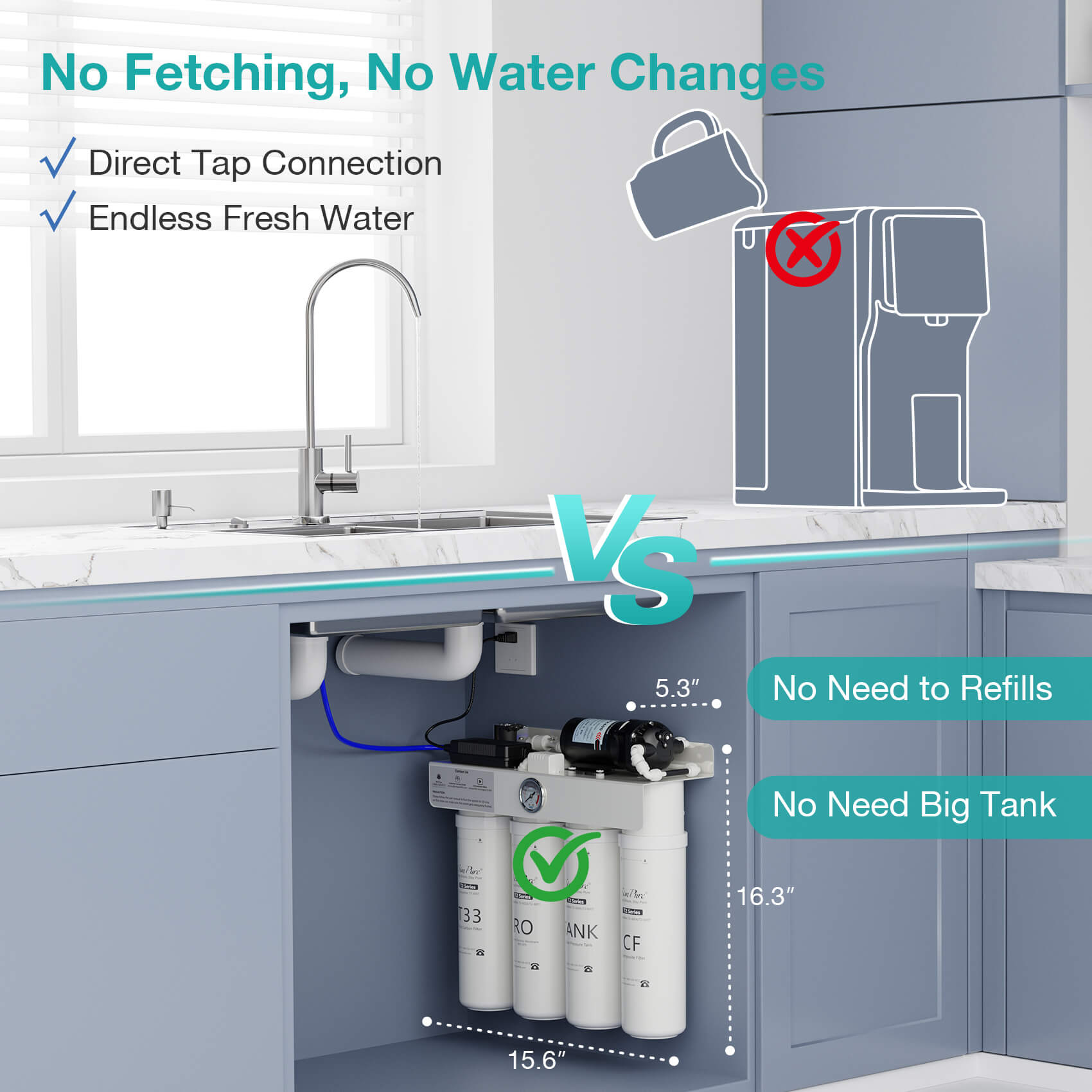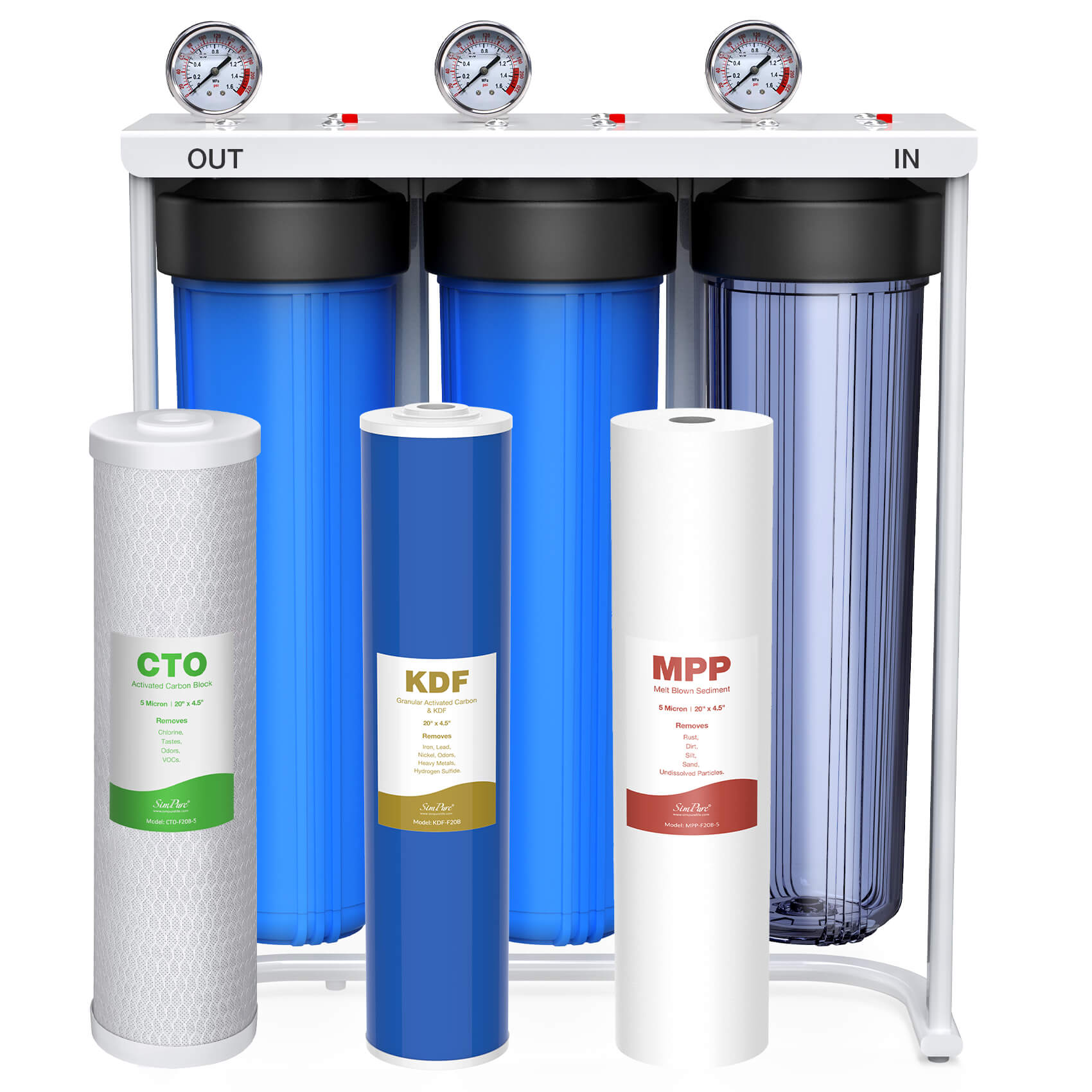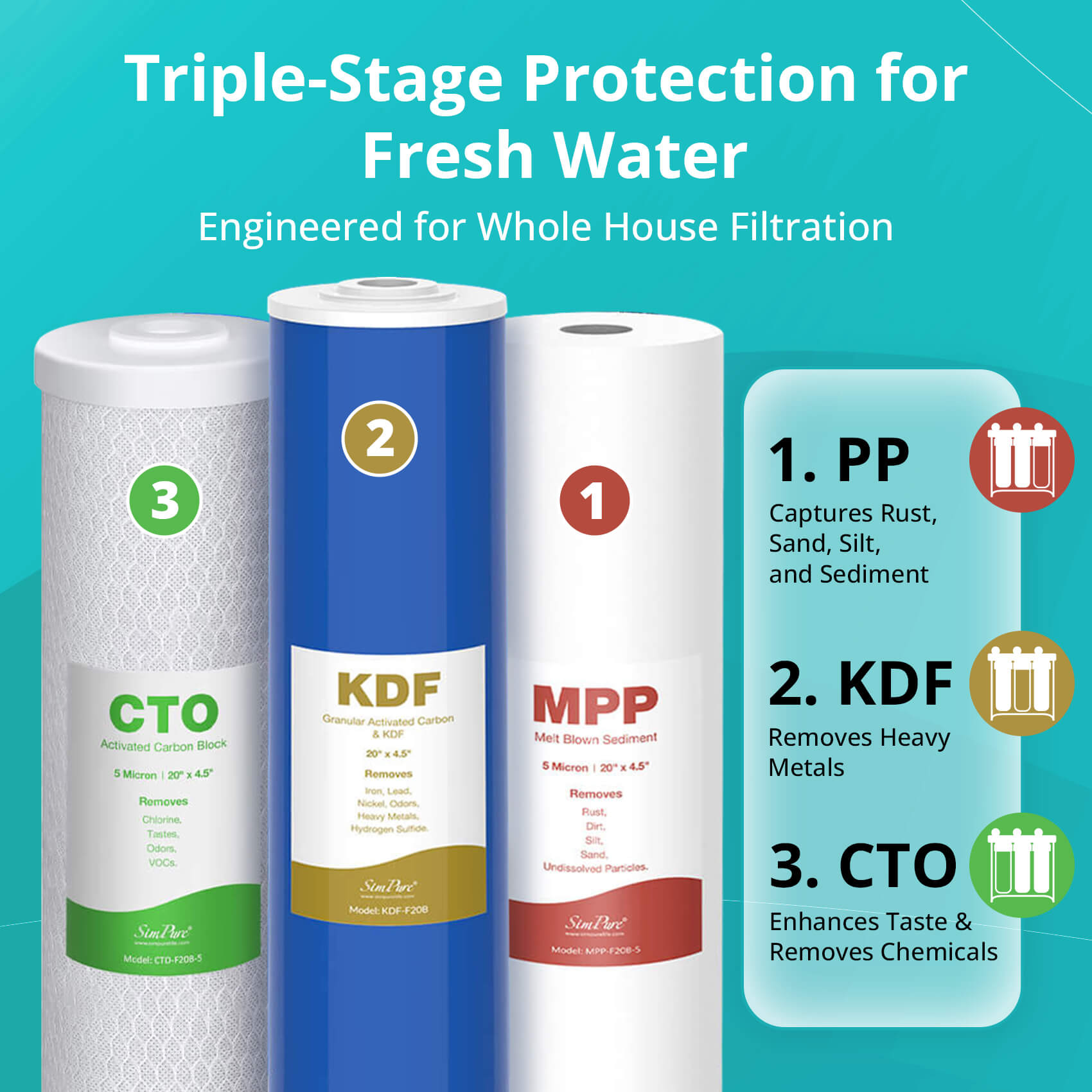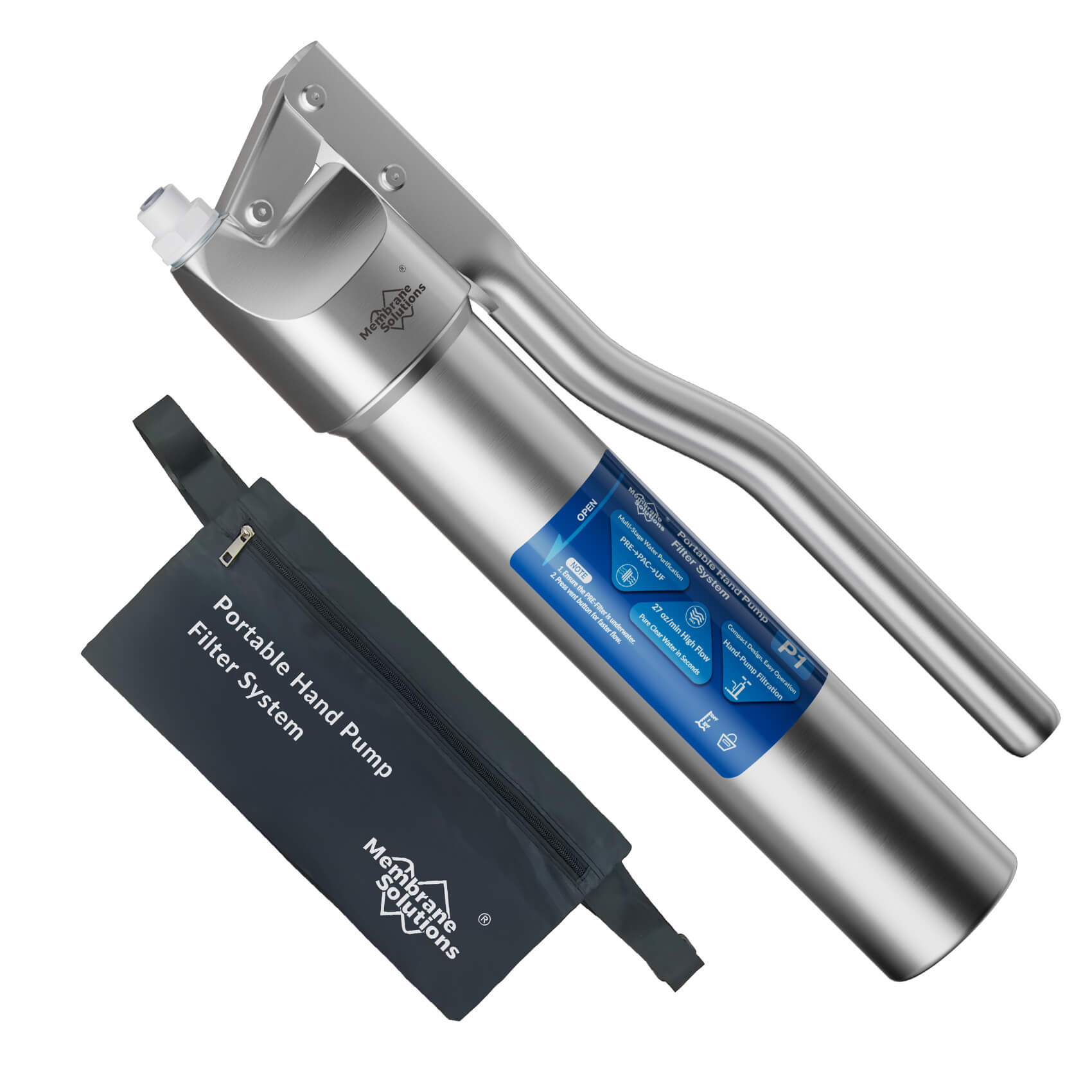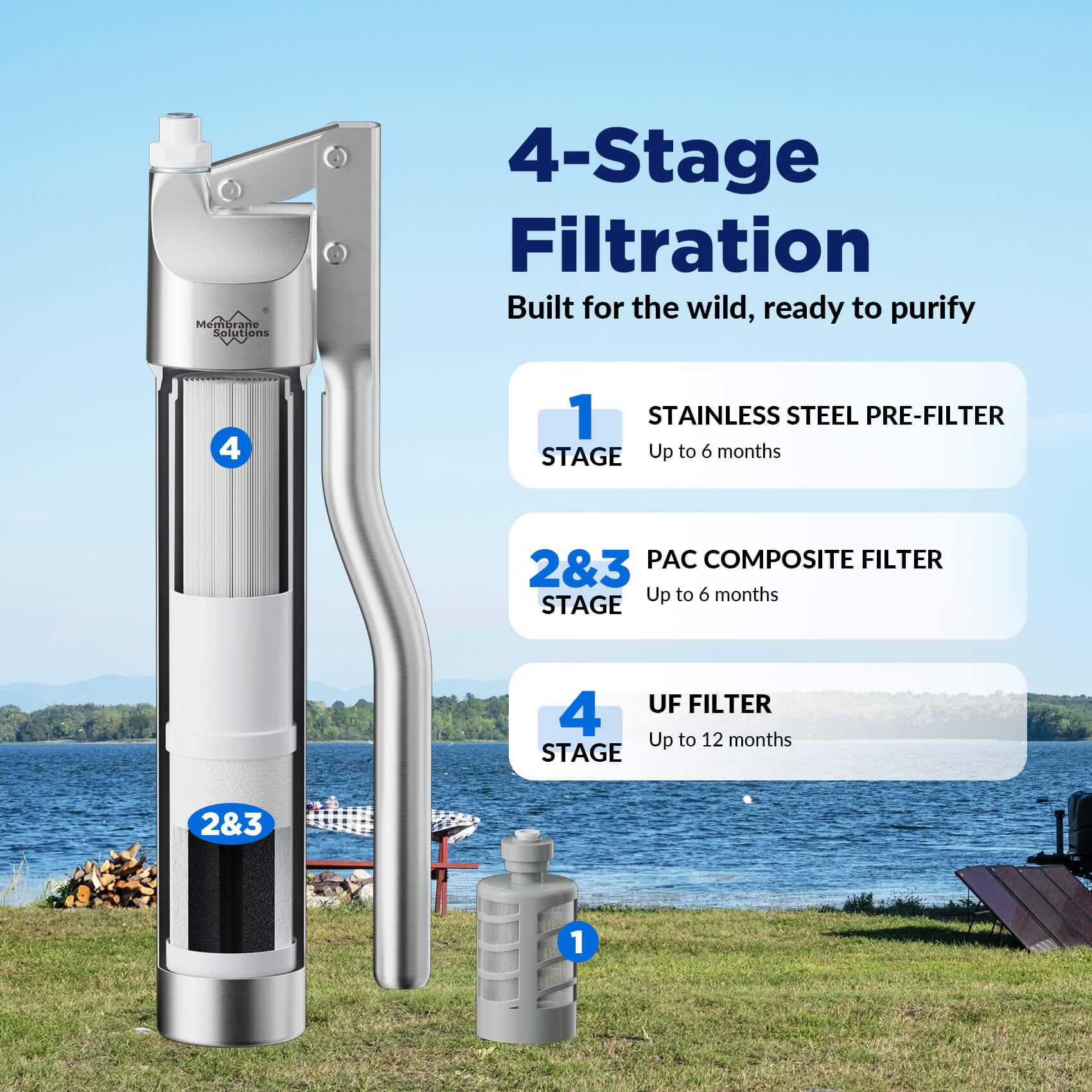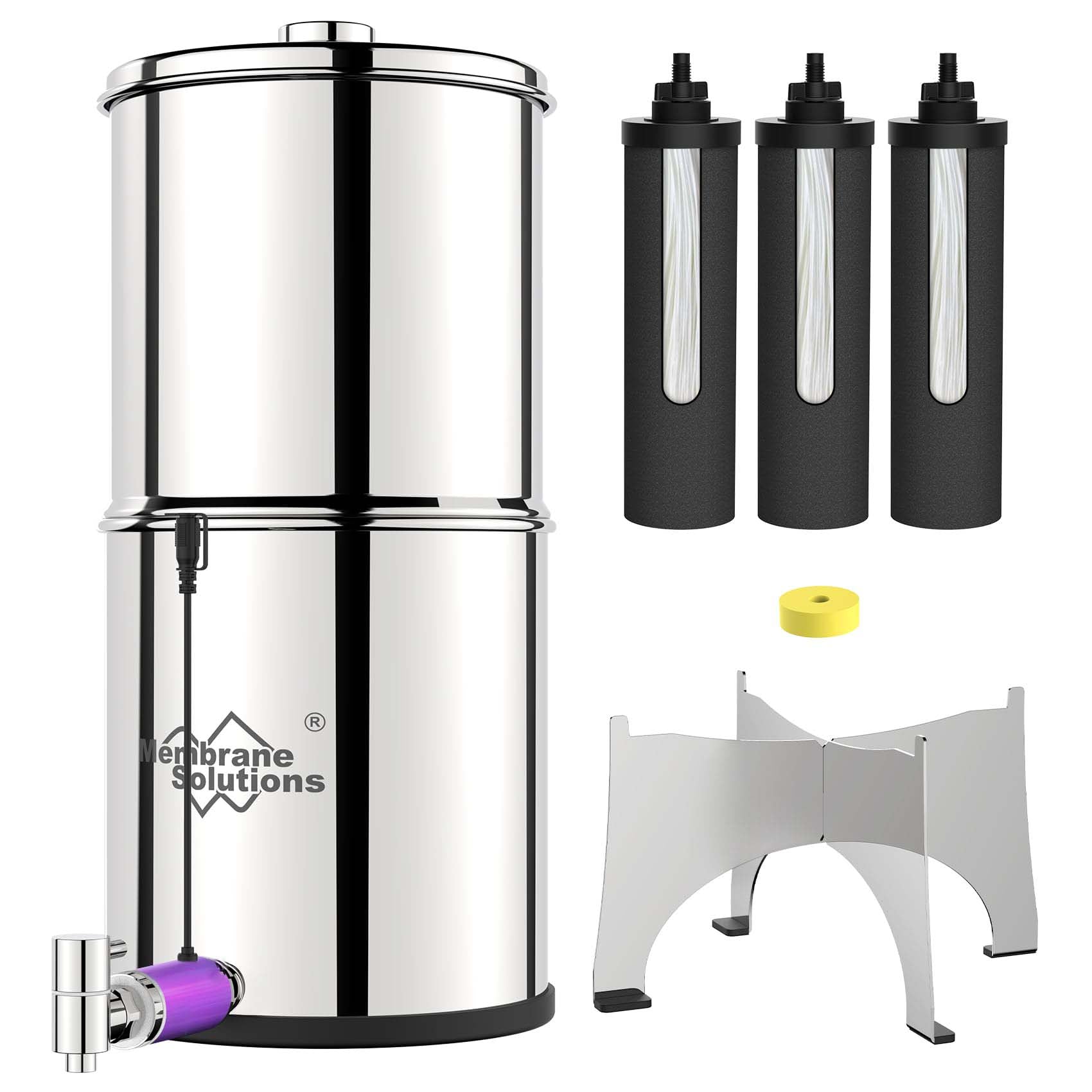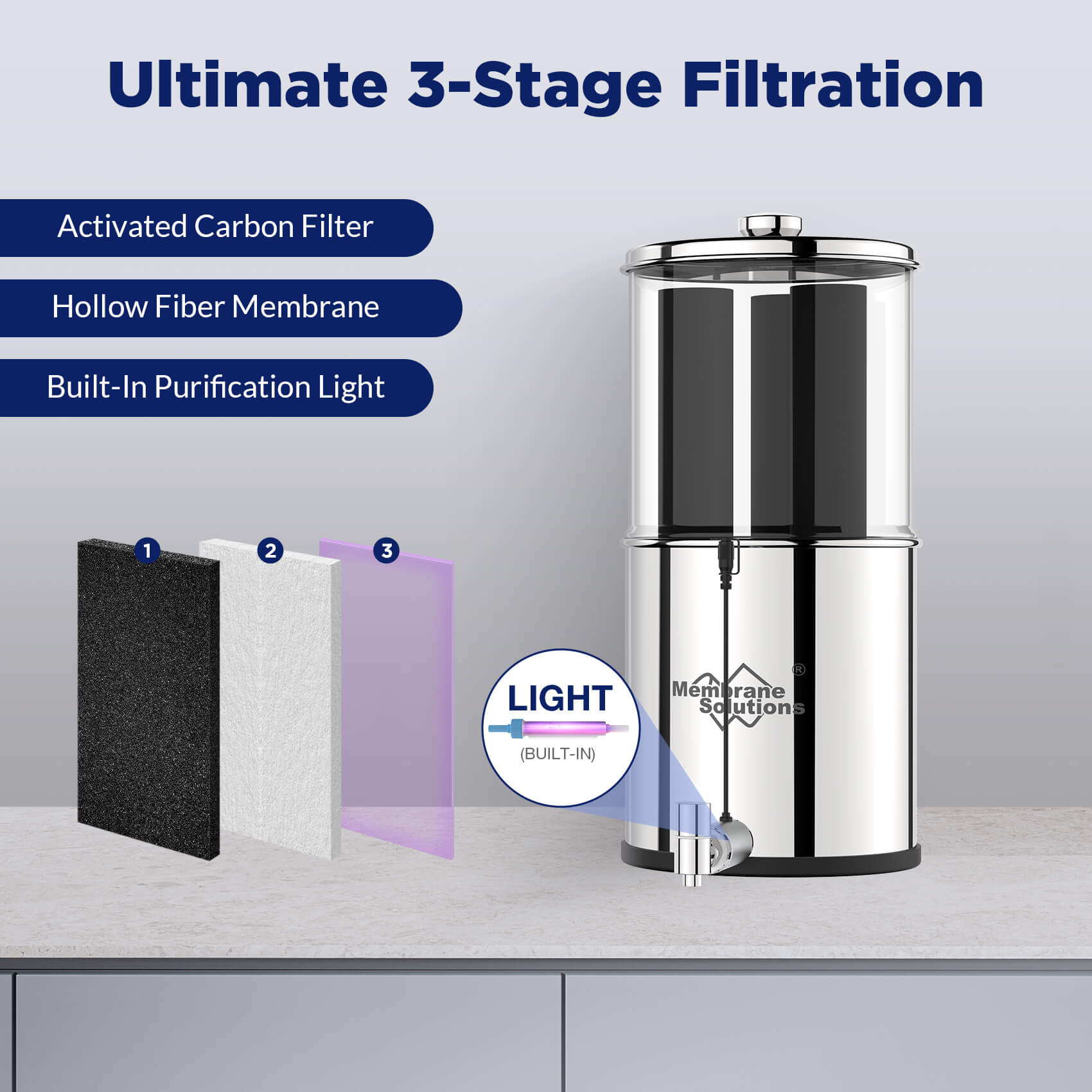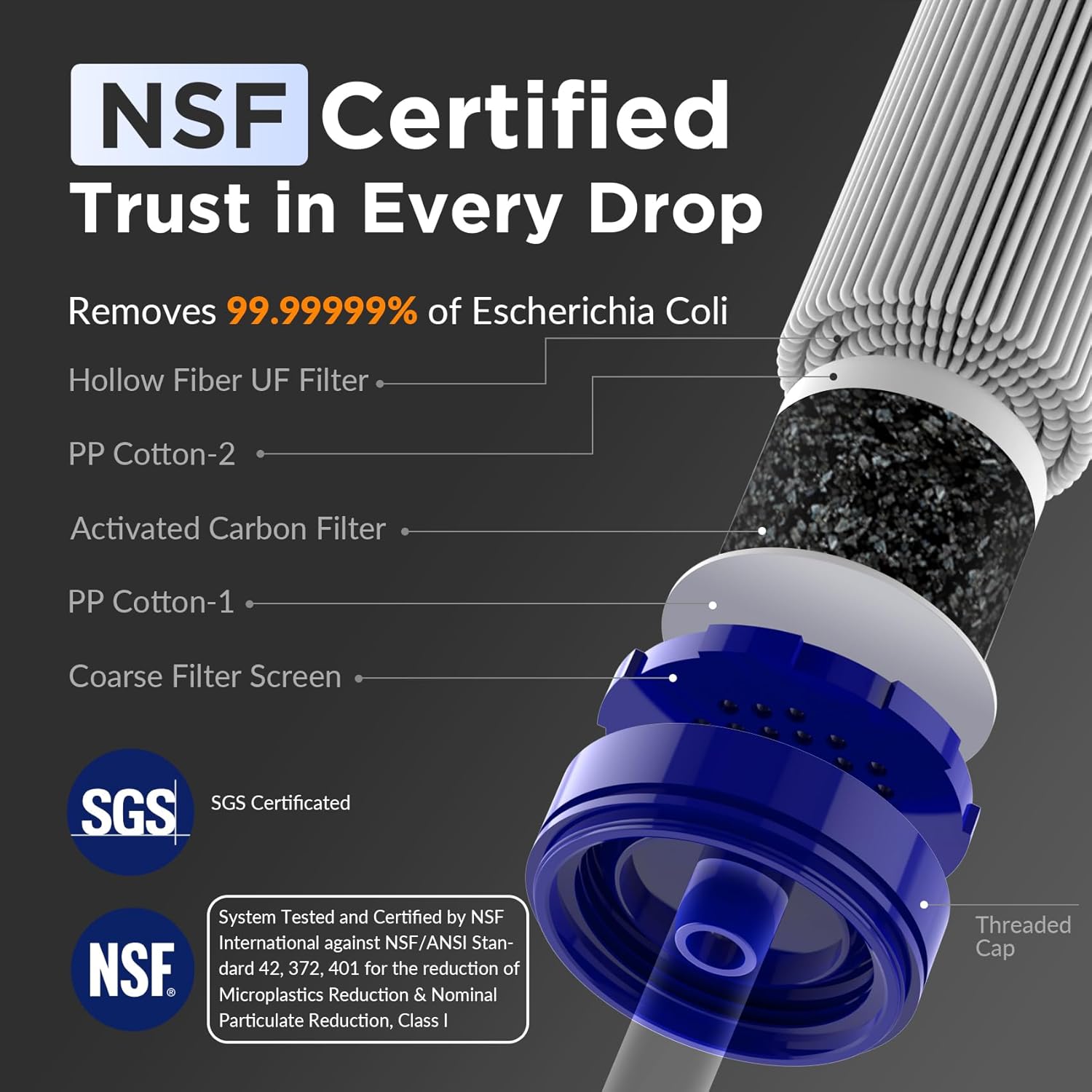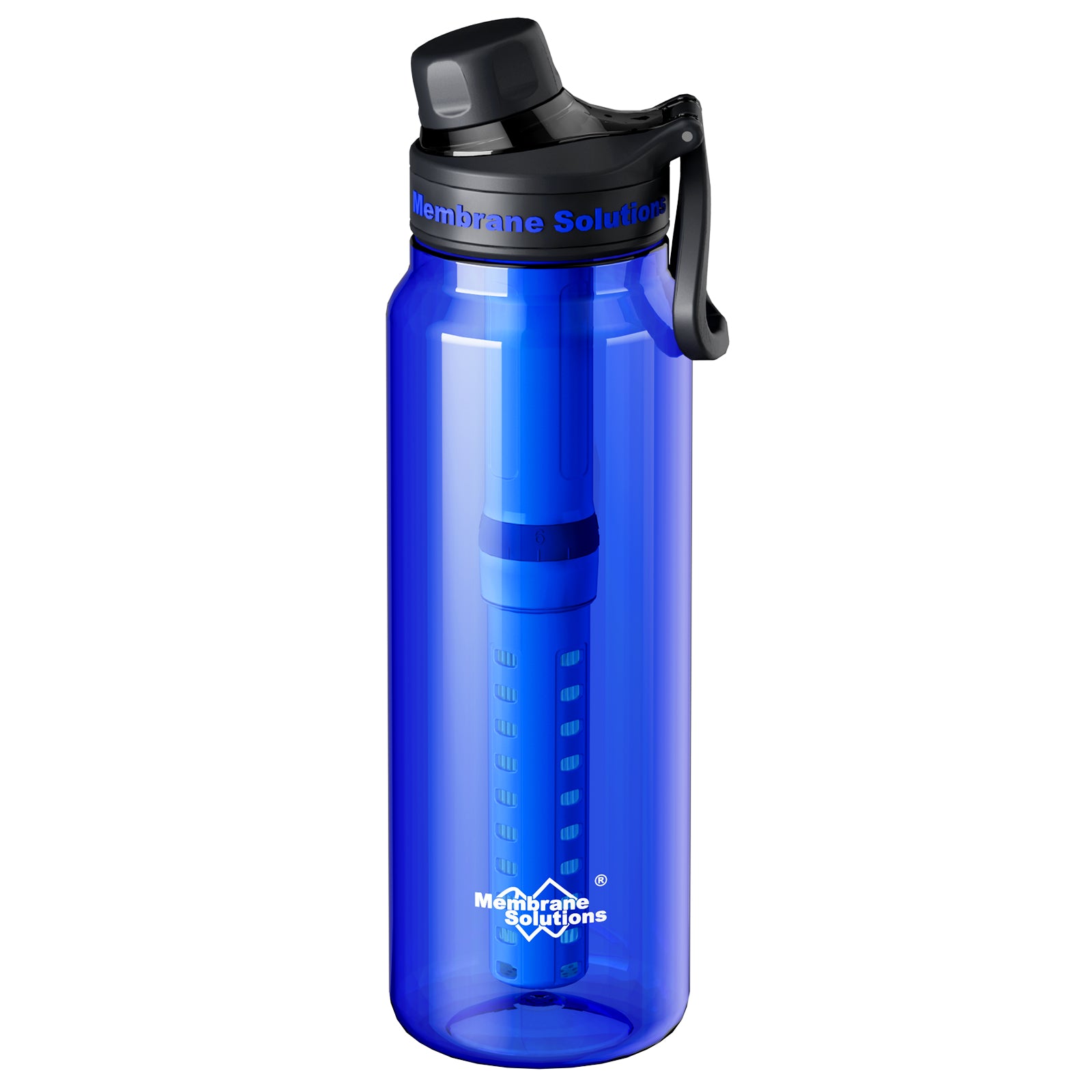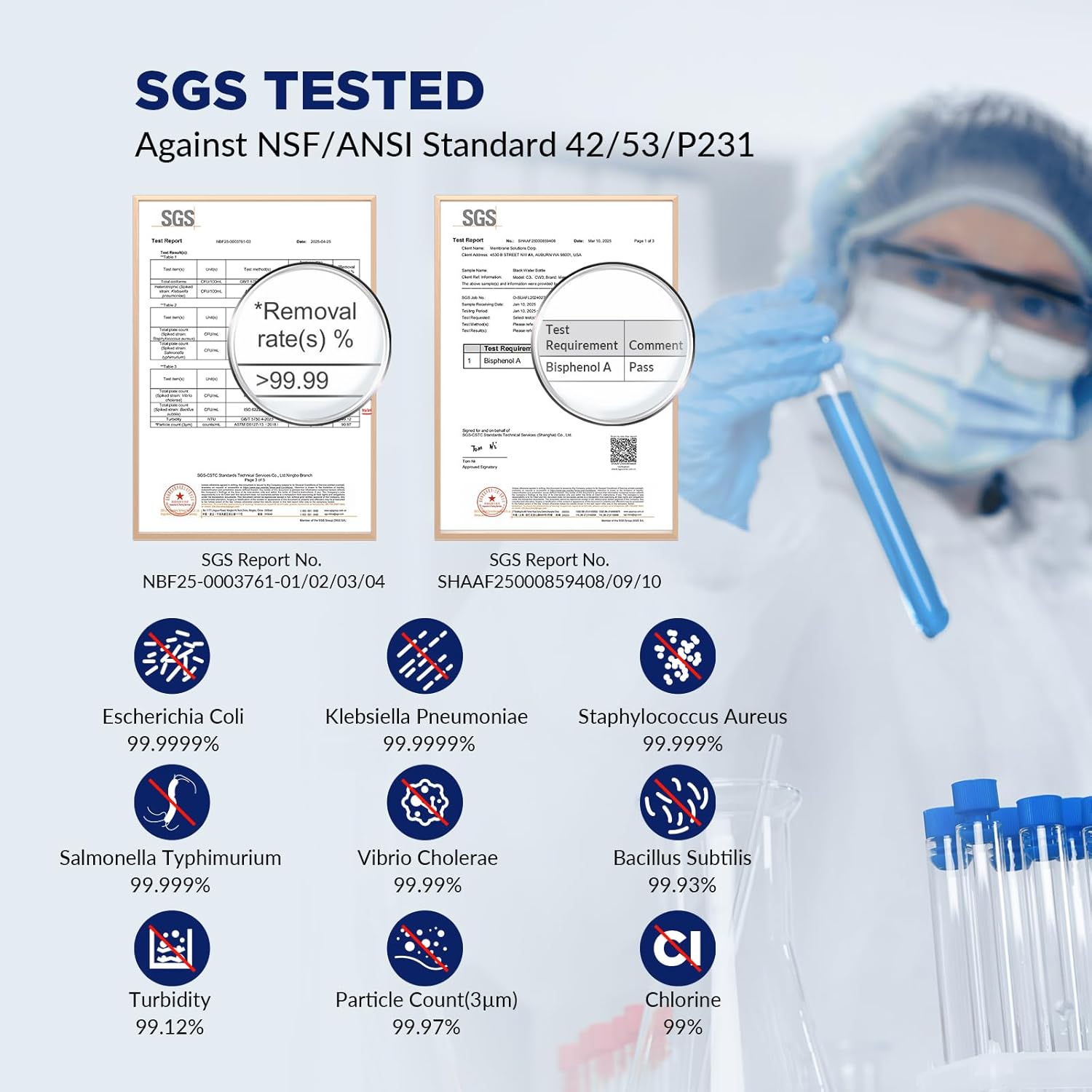Is spring water better than purified water? As consumers become more health-conscious, the debate over the superiority of spring water versus purified water continues to heat up. While both types of water have their own unique benefits, many argue that spring water is the superior choice due to its natural source and lack of added chemicals. So is spring water better than purified water? In this article, we will learn the detailed difference between spring water vs purified water, and you will get an answer to this question!
1. What Is Spring Water?

When we talk about spring water vs purified water, we should first learn what spring water is. Spring water is water that is sourced from an underground spring. Springs occur when water from an underground aquifer, or underground layer of water-bearing rock, is brought to the surface by pressure or gravity. Spring water is often considered to be a high-quality source of water because it is typically free of pollutants and impurities, and is naturally filtered and purified as it flows through the ground.
Spring water is also defined by its origin, it must come from an underground aquifer which is tapped at one or more locations. This water is then bottled at the spring or within a close proximity to it. The water should also be protected from potential contaminants and be naturally pure, meaning it should not have been treated with chemicals or other substances.
Spring water is often used for drinking, cooking and bottling, and is considered to be a healthier alternative to tap water. It is also commonly used in making mineral water and sparkling water.
2. What Is Purified Water?

After knowing spring water to the question "Is spring water better than purified water", then we should learn what purified water refers to. Purified water is water that has been processed to remove impurities, such as bacteria, dissolved solids, and other contaminants. There are several methods that can be used to purify water, including:
Reverse osmosis: This process uses a semi-permeable membrane to remove impurities from the water. It is commonly used to remove dissolved solids and other contaminants like our best-selling product SimPure Y7P RO countertop water filter dispenser. This reverse osmosis countertop water filter also can effectively remove hard water deposits (white matter), peculiar smells, and rust from water with the newly upgraded 100GPD RO Membrane technology.
Distillation: This process involves heating water to create steam, which is then collected and cooled to create purified water. It is effective in removing dissolved solids and other contaminants, including bacteria and viruses.
Deionization: This process uses ion-exchange resins to remove dissolved ions, such as salts and minerals, from the water.
Ultraviolet light: This process uses ultraviolet light to kill bacteria and other microorganisms in the water.
Activated carbon filtration: This process uses activated carbon to remove impurities from the water, such as chlorine and other chemicals.
Purified water is considered to be safe to drink, but it may not contain essential minerals that are found in natural water sources like spring water. It is commonly used in laboratory settings, the food and beverage industry, and for medical purposes.
It's also important to note that purified water is different than "drinking water" or "drinking water standards" which are set by regulatory agencies, and it's not the same as "distilled water" which may lack minerals and be acidic. But you should not worry about this, you don't need to increase your daily mineral intake by drinking filtered water. If you want to get more beneficial minerals, just keep your diet healthy and eat more fruits and food! For more info about minerals in purified water, you can read our previous blog does purified water have minerals.
3. Spring Water VS Purified Water, So Is Spring Water Better Than Purified Water?

In this part, we will make a comparison of spring water vs purified water. Spring water and purified water are both considered to be high-quality sources of water, but they are different in terms of their origin and potential mineral content.
Spring water is sourced from an underground spring and is typically free of pollutants and impurities. It is considered to be a natural source of water that is filtered and purified by the earth. Spring water also can contain minerals that are beneficial to human health such as calcium and magnesium.
Purified water, on the other hand, is water that has been processed to remove impurities through various methods such as reverse osmosis, distillation, deionization, ultraviolet light, and activated carbon filtration. Purified water is considered to be safe to drink, but it may not contain the same levels of minerals found in spring water.
When we talk about spring water vs purified water, you should know both spring water and purified water are considered safe to drink. But the specific answer depends on your personal preference, you may prefer the taste of one over the other. It's important to check the mineral content of the water you're drinking, especially if you're trying to supplement your daily intake of minerals. If you're looking for a water source with the highest mineral content, spring water is a better choice, which is the reason why is spring water better than purified water. If you're looking for a water source that is free of impurities, purified water is a better choice.
In conclusion, the answer to is spring water better than purified water ultimately comes down to personal preference and individual needs. Spring water is considered to be more natural and less processed, and it may contain minerals that are beneficial for health. On the other hand, purified water is treated to remove impurities, making it safe for consumption. It's important to research and choose the water that best meets your needs, whether it be spring water or purified water.


